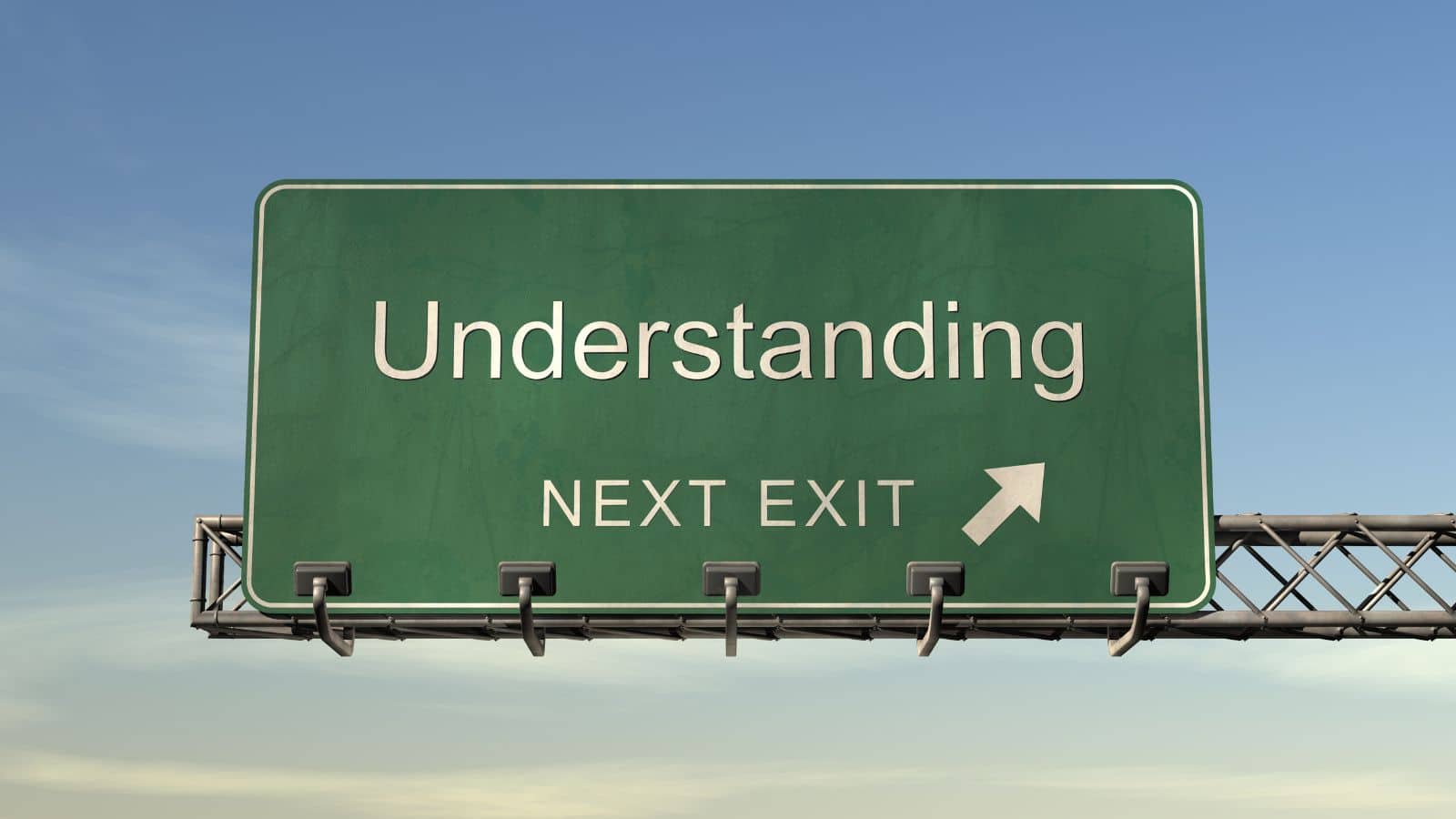I was badly stuck on what kind of consulting business I wanted to build, and a deep fear of making the wrong decision had really shut me down. A trusted mentor recommended I work with The Enneagram of Personality to gain some much-needed insight. The Enneagram helps you understand how you are wired to act and react and what you value as a measure of success. There are no timers, no scorecards, and no good or bad numbers to be found among the nine principal Enneagram types.
So, I read some books and articles and worked with an assessment tool she provided. The whole point was for me to reflect and take my time to figure out which Enneagram type best described most of my traits and characteristics.
Over the course of several conversations, she gently suggested that I had repeatedly identified with Enneagram 1, which is sometimes referred to as The Reformer or The Perfectionist. “I can’t be a Perfectionist,” I declared, “because I can’t do anything right!”
In seconds I realized the core truth of what I had just said and burst out laughing. I AM an Enneagram 1, and taking time to truly accept it has made it easier to get things done.
The Enneagram has become a powerful team-building tool in the workplace. Here are some key points to keep in mind when starting to work with it.
1) Type yourself, not someone else! The whole point of the Enneagram is to use it as a tool of personal discovery, not as judgment on someone else. Let them figure it out for themselves, and don’t let anyone try to tell you what type you are.
2) It’s a starting point, not a final label. Understanding your Enneagram type means acknowledging a default mode in how you behave and define success. This self-awareness can help you choose how to be. You don’t have to act/react automatically.
3) It doesn’t excuse bad behavior. Discovering your Enneagram type doesn’t give you carte blanche to embody the most negative aspects of that type. For example, it’s not very helpful for me to tell my clients that they need to work around me because I’m a perfectionist. It’s up to me to regulate my workflow and time to keep things moving.
4) Recognizing differences builds stronger teams. Having team members/co-workers self-identify their Enneagram types and understanding what motivates them can help grow a happier, more productive workplace.
What’s your Enneagram “number?”
- What Medieval Manuscripts Can Teach You About Winning Grants - July 18, 2024
- USA Charitable Giving is NOT All About Grants?!?! - July 11, 2024
- Vulnerability Can Be a Game Changer - June 27, 2024



